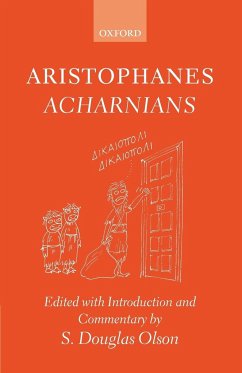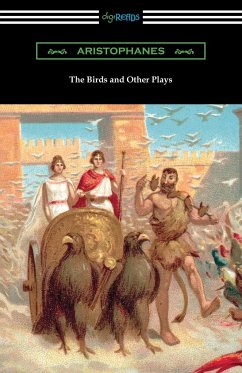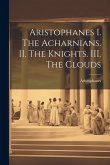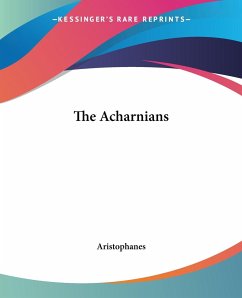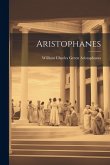Aristophanes' Acharnians was performed at the Lenaia festival in Athens in 425 BCE. The play is the story of an old peasant farmer, Dikaiopolis, who has grown so disgusted with the Peloponnesian War and the patent self-serving of the city's leading politicians (abetted by the stupidity of his fellow-citizens) that he concludes a separate peace with the enemy. As a result, he gains access to an immense supply of wonderful things, including wine, eels, thrushes, and a pair of beautiful and compliant women. Whether he is a traitor and a villain, or simply the cleverest and most daring man in the city, is a matter of extensive debate within the play. Acharnians itself, at any rate, took first place and is generally regarded as one of Aristophanes' two or three most brilliant surviving comedies. Olson offers the first complete new scholarly edition of the play in almost a century. The text and apparatus are based on a fresh examination of the papyri and manuscripts, many of which have never been studied systematically, and are supported by a new manuscript stemma. The Introduction contains sections on the poet himself; the historical setting and political argument of the play; the mythological and literary background; division of parts, costumes, and props; staging; the use of dialects; and the history of the text. The commentary covers a wide range of literary, historical, and philological issues, with particular attention to staging and details of everyday life. All Greek in the introduction and commentary not cited for technical reasons is translated, making much of the edition accessible to general scholarly readers.
Hinweis: Dieser Artikel kann nur an eine deutsche Lieferadresse ausgeliefert werden.
Hinweis: Dieser Artikel kann nur an eine deutsche Lieferadresse ausgeliefert werden.

